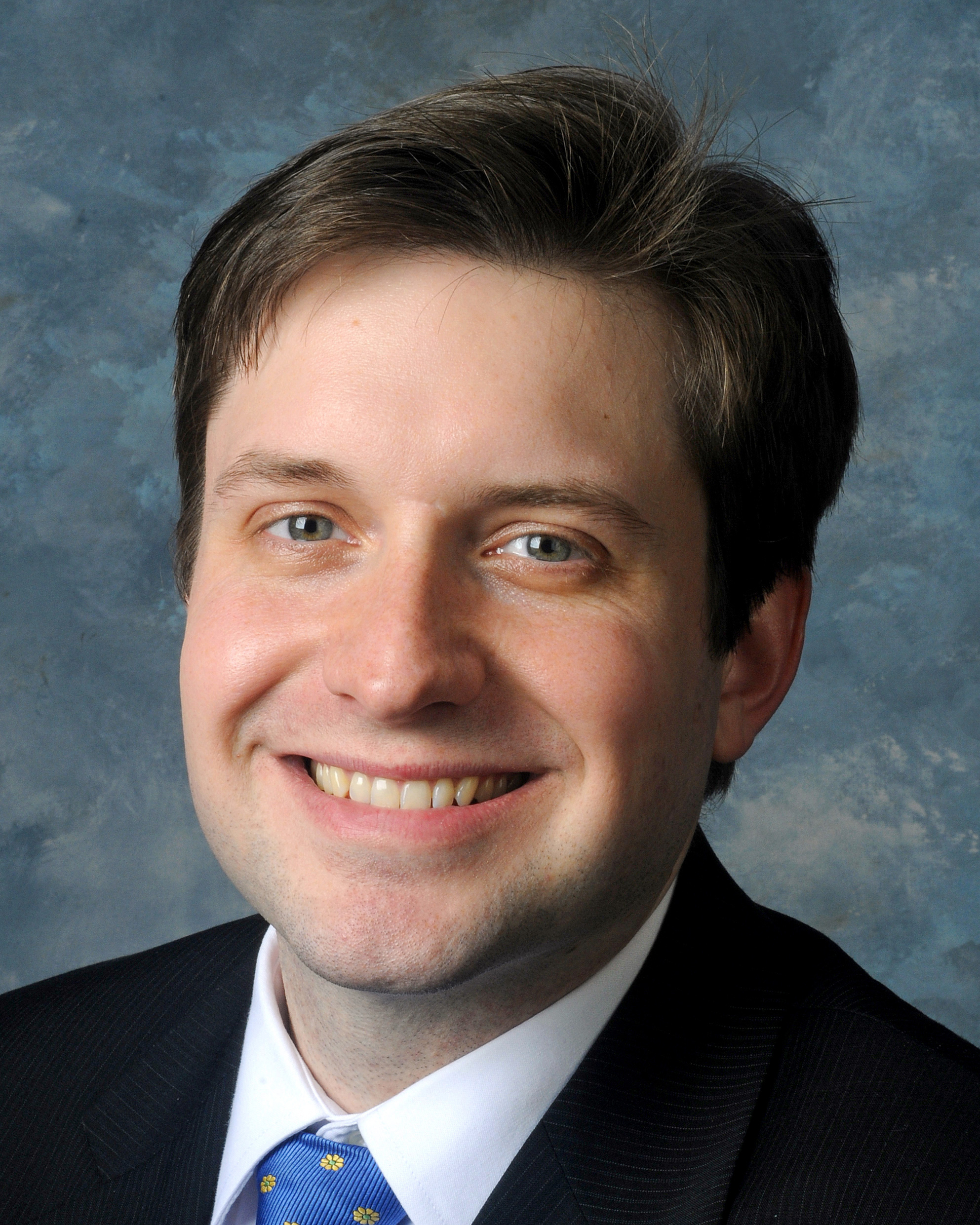Danville hospital plans to add drug detox beds in July
Published 7:05 pm Tuesday, April 16, 2019

- Members of the Criminal Justice Coordinating Council, from left, Roger Fox, John Caywood and Kathy Miles talk after Friday's monthly meeting. Photo by Ben Kleppinger.
Ephraim McDowell Regional Medical Center expects to begin providing 10 to 20 “detox beds” for people dealing with drug addiction as soon as July, the hospital’s CEO Dan McKay said Tuesday.
The hospital is hiring a new physician, Dr. Osama Ali, who specializes in drug rehabilitation and detox, who will work with new patients who previously might have had to go somewhere else.
“We’ve really not had anyone who has that specialty,” McKay said. “… Not all physicians are comfortable treating these types of patients. We do some (detox) now; we just don’t do a lot of it.”
By bringing Ali on full-time, the hospital expects to be able to treat at least 10 and up to 20 or perhaps even 30 people at one time. And it hopes to connect people in need of help with drug addiction with other community resources, as well.
“Part of what we want to do, too, is when they come into the ER, having services available where we can get them connected, get them plugged in to get help, rather than discharging them into the streets — because they just come right back,” McKay said. “We recognize there is a community need and we’re trying to do our part … to meet that need in the community.”
The need for detox beds topped the list of recommendations from the local Criminal Justice Coordinating Council’s Behavioral Health Committee that were presented on Friday.

Shepherd’s House Director Roger Fox talks during Friday’s Criminal Justice Coordinating Council meeting. Fox praised the planned addition of detox beds at Ephraim McDowell Regional Medical Center as a good step in addressing drug addiction in the community. Photo by Ben Kleppinger.
“This has been said over and over again the last 18 months — neither Boyle nor Mercer has detox beds,” said Kathy Miles, coordinator for the Boyle County Agency for Substance Abuse Policy and a CJCC member.
Miles and Roger Fox, director of the Shepherd’s House treatment program in Danville, both served on the committee, which examined the best next steps for those involved in the local criminal justice system to take to improve mental health care.
Fox said Ephraim’s plan is “good news.”
“We have a chance at keeping people out of jail, keeping people out of the courtroom,” he said.
Boyle County Jailer Brian Wofford said there is a possibility of developing a collaborative program involving police, prosecutors, defenders and the hospital, which would allow police to take people suffering from drug addiction to the hospital to be placed in a detox bed instead of taking them to jail. People wouldn’t be charged with a crime initially and so they wouldn’t be put into the criminal justice system at all. But if they didn’t complete the detox program and then potentially enter another treatment program for their drug use, charges could be brought, Wofford explained.
Fox noted the program must be “something that everybody needs to be comfortable with” for it to work.
McKay said the hospital has been working on a plan for detox beds for about six months. It didn’t seek out any special funding to add the doctor and services; it’s using internal resources to do it.
“We’re just trying to help out because there’s an issue, there’s a problem in the community,” he said. “We’re just trying to play a small role and help these people out.”
More on mental health
The CJCC’s Behavioral Health Committee made 23 recommendations Friday for how to improve health care for defendants and inmates in the community, in hopes of providing constitutional levels of care in the jail, lowering the jail’s population, reducing recidivism and ending overdose deaths.
The recommendations include:
• create at least five to 10 detox beds in the community;
• create 10 to 15 beds in “short-term transitional housing;”
• add residential treatment programs for males and females;
• add sober living/transitional housing options for stays of three months to one year;
• increase after-school services for children, especially ones with family members in jail or dealing with addiction;
• add more quality child care and give child care providers training;
• offer training for educators, child care providers and anyone who works with children on risk factors for entering the criminal justice system;
• “better coordination between the local court system and mental health services;”
• conduct mental health, physical health and substance use disorder assessments for every inmate brought into the jail;
• add recovery support groups in the jail;
• provide education and re-entry planning services for inmates;
• add training on poverty and trauma for jail staff;
• add space at the jail to provide recommended services; and
• hire a qualified mental health professional, two case workers, a psychiatrist and a drug counselor to work with inmates.
The proposed 2019-20 budget for the jail does include funding for a qualified mental health professional and a case worker.
Miles said the University of Kentucky is attempting to land an enormous, multi-county grant from the National Institutes of Health that could provide between $80 million and $90 million in funding for the region. Boyle County would get part of that funding, which could be used to hire a case worker at the jail or provide every inmate with a substance abuse problem a Narcan kit (overdose treatment medicine) when they leave the jail.
Such kits are important in preventing overdose deaths because right after leaving jail is when someone with a substance abuse problem is at the highest risk of overdosing, Miles said.






